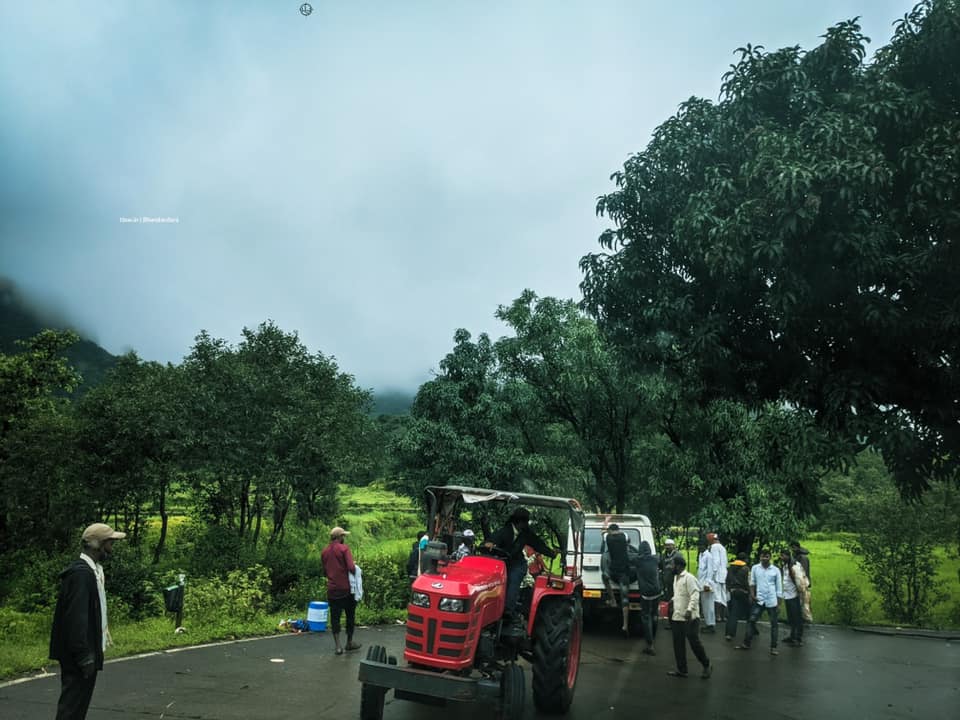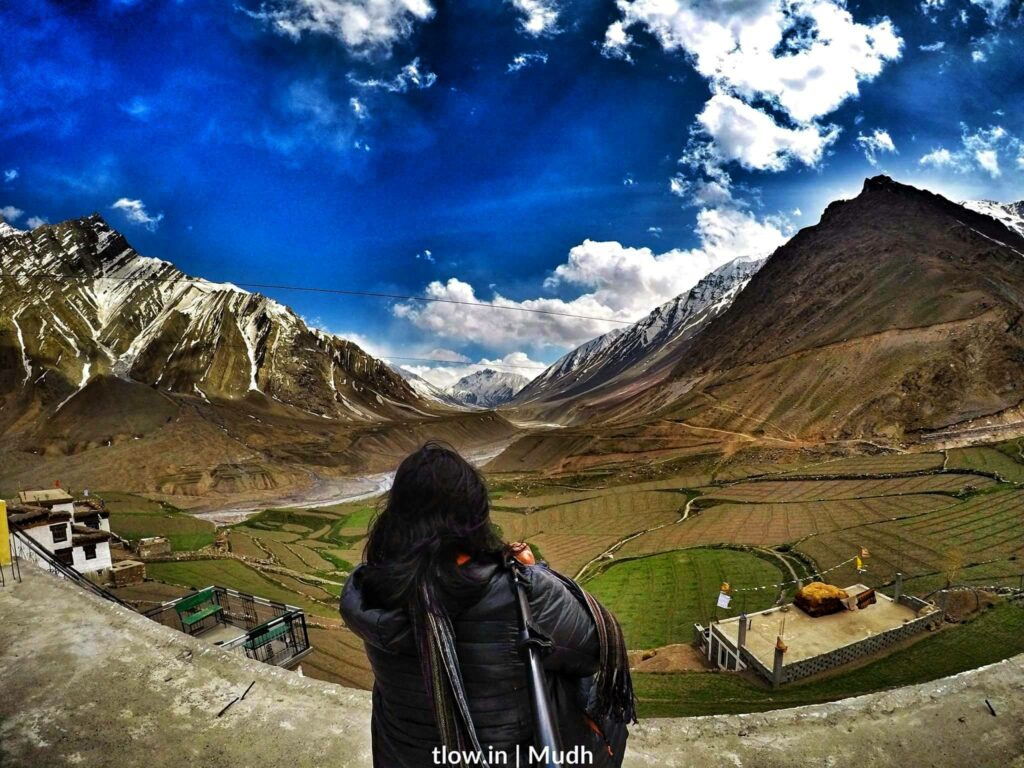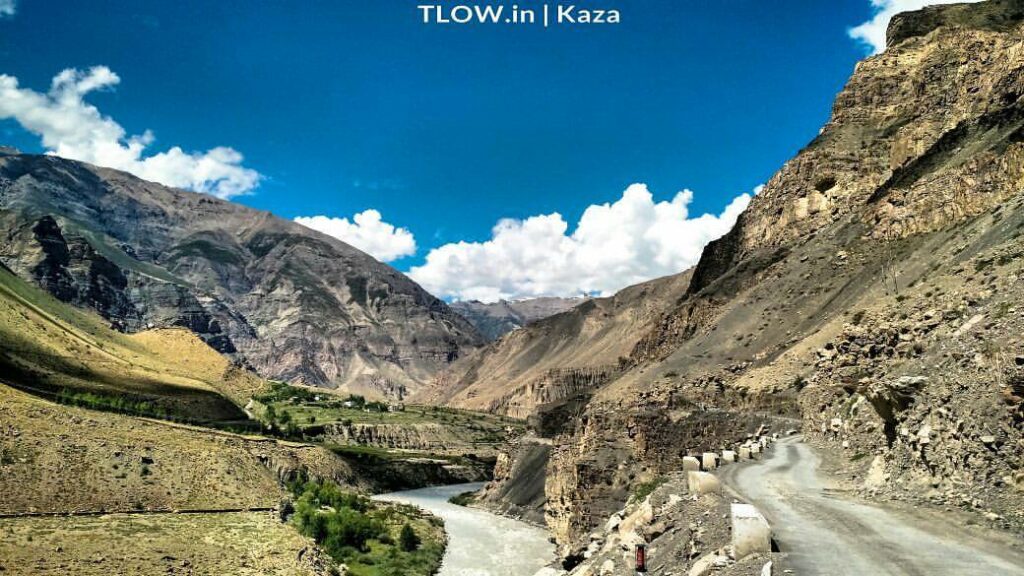
Road trip with baby: 12 great tips
A road trip with a baby can be very challenging, but there are some things that can be kept in mind to make the trip successful without any hiccups:
Table of Contents
1. Plan ahead:
Make a detailed itinerary, including rest stops and potential attractions along the way. Research baby-friendly facilities and accommodations in advance.
Before embarking on your journey, be aware of the locations where you can find clean and easily accessible restroom facilities along your route. This can include rest stops, gas stations, parks, or restaurants. Knowing these places in advance will help you to be prepared and avoid any last-minute panicking.
2. Pack essentials for road trip:
Bring enough diapers, wipes, formula/breastmilk, bottles, pacifiers, and any other necessary baby items. Don’t forget to pack extra clothes, blankets, and toys to keep the baby comfortable and entertained.
For the TLOW backpacking experience click on this link
Always carry extra toilet paper, wet wipes, and hand sanitizer in case the restroom facilities are not well-stocked. Additionally, bring a small portable toilet seat cover or disposable seat covers to provide a hygienic and familiar environment for your children during the road trip.
3. Comfortable seating:
Invest in a comfortable and safe car seat for the baby. Ensure it is properly installed and adjusted for long periods in the car. Consider using a mirror or a baby monitor to keep an eye on the baby while driving.
4. Timing is crucial:
Plan your driving schedule around the baby’s sleeping patterns. Try to start the trip during naptime or bedtime to minimize disruptions on the road trip.

5. Frequent breaks:
Plan for regular stops to allow the baby to stretch, feed, and change diapers. Use this time to also take breaks yourself and refresh.
Set a timer or plan to make frequent stops, even if your kids insist they don’t need to go. This will ensure everyone gets a chance to use the restroom regularly and avoid any emergencies during the road trip.
6. Entertainment and stimulation:
Bring along toys, books, and other age-appropriate entertainment options to keep the baby engaged during the trip. Singing songs, playing audio books, or listening to soothing music can also be helpful.
7. Be flexible:
Remember that babies have their own schedules and needs. Be prepared for unexpected changes and need to adapt your plans accordingly.
8. Safety first:
Ensure the car is properly maintained and all safety measures are in place. Keep emergency supplies like a first-aid kit, snacks, and water readily available for the road trip.

9. Keep the temperature comfortable:
Maintain a suitable temperature in the car to ensure the baby doesn’t get too hot or cold. Use window shades or sunscreens to protect the baby from excessive sunlight.
10. Stay calm and patient:
Long road trips can be tiring, but it’s important to stay calm and patient with the baby. Take breaks if needed and enjoy the journey with your little one.
Pack a change of clothes and plastic bags in case of accidents. Accidents can happen, especially with younger children, so it is always better to be prepared for any mishaps.
11. Pros:
a. Exposes the baby to new environments and experiences, stimulating their senses and curiosity.
b. Provides an opportunity for quality bonding time with the baby and the rest of the family.
c. Allows for flexibility in terms of choosing destinations and routes.

d. Can be an adventure and create lasting memories for the family.
e. Gives the baby a chance to learn how to handle longer periods of travel and adjust to different sleeping routines.
f. Encourages the development of patience and adaptability in both the baby and parents.
12. Cons:
a. Increased levels of stress and exhaustion for parents due to the additional care and attention required during the trip.
b. Disrupts the baby’s routine and can lead to irregular sleep patterns or difficulties in feeding and napping.
c. Limited space in the vehicle may be uncomfortable for the baby and restrict their movement.
4. Longer periods of sitting and limited physical activity may cause restlessness and discomfort for the baby.
d Possible challenges in finding suitable baby-friendly facilities (e.g., changing stations, feeding areas) or rest stops.
e. Increased risk of travel-related illnesses or disruptions due to unpredictable factors such as weather conditions or traffic delays. Is











